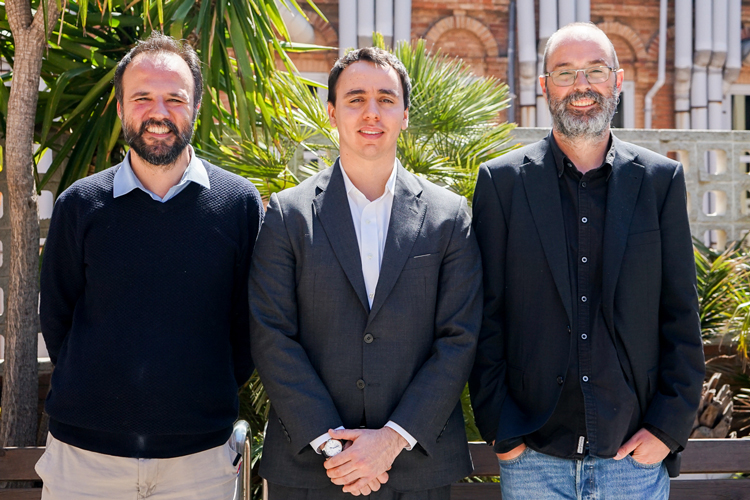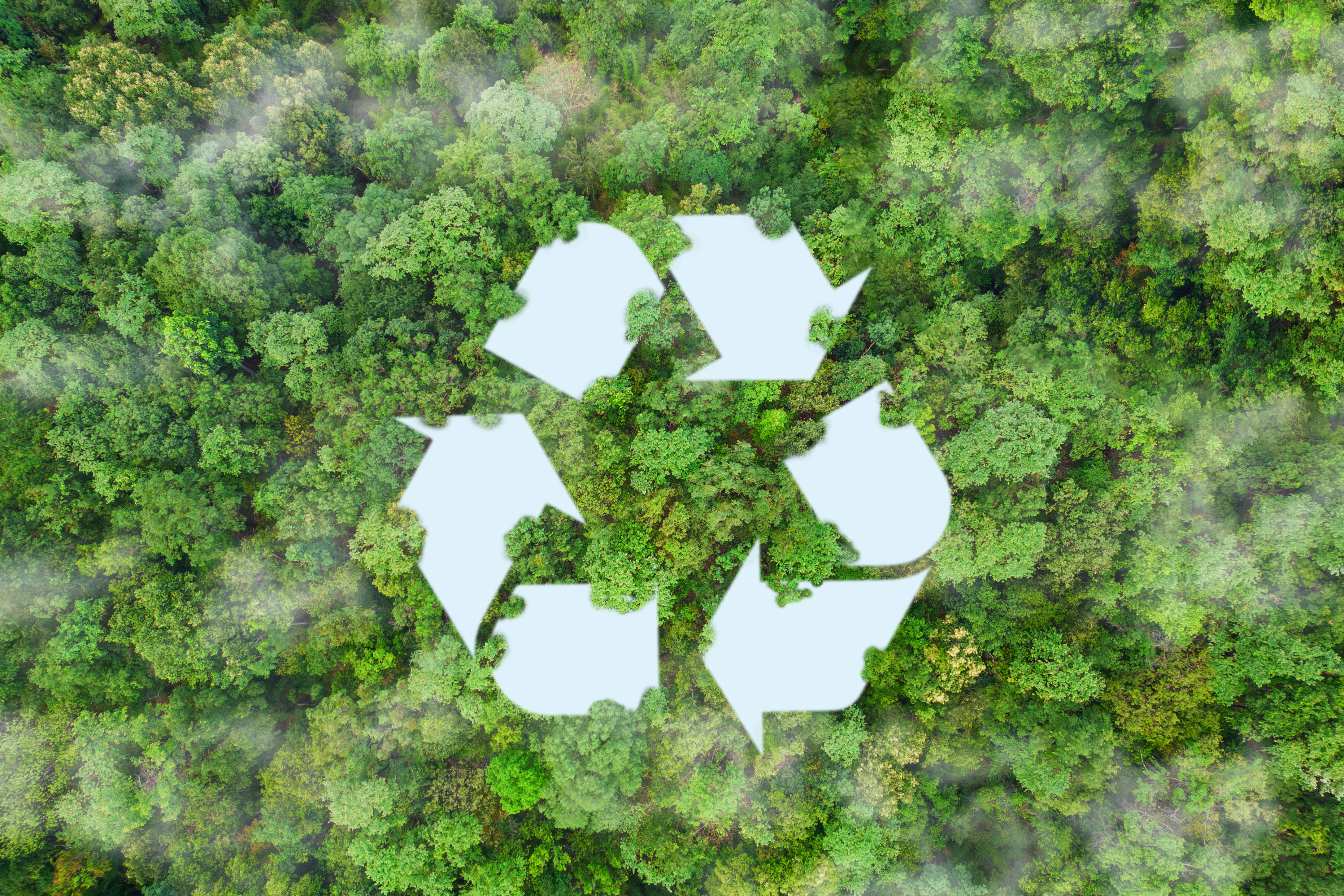Dr Jordi Mas Peiró recently defended his doctoral thesis at IQS, in which he studied the main battery technologies used in the electrification of the automotive sector and the critical raw materials necessary to produce them.

Electric vehicles are increasingly the most reliable alternative to combustion engine vehicles due to their lower environmental impact and better energy efficiency. The technology associated with these vehicles is consistently improving and making them more accessible in terms of availability and cost. Moreover, this comes alongside growing public awareness about the negative effects of air pollution and climate change.
However, the necessary raw materials are key elements for producing electric vehicle batteries, including cobalt, nickel, lithium, and manganese for batteries and platinum for fuel cells. The quantities of raw materials that will be needed to achieve the future widespread deployment of electric vehicles will largely depend on the technologies used and the development of technologies that facilitate the recycling of these raw materials. Likewise, when assessing process sustainability, it is also essential to consider the environmental emissions associated with the extraction of the minerals that enable electric vehicles to be produced.
Within this context, Dr Jordi Mas Peiró recently completed his doctoral thesis in the Department of Chemical Engineering and Materials Science at the IQS School of Engineering, where he conducted an exhaustive study of all the aspects related to the critical raw materials used in the main electric battery technologies used in the automotive industry. Entitled Critical raw materials for electric vehicles: supply risks and impacts on the strategic perspectives of the industry, his thesis was jointly supervised by Dr Rafael González Olmos and Dr Oriol Pou Ibar.
Forecasts for raw material demand
Dr Mas Peiró carried out his doctoral thesis following three fundamental lines of research focused on four types of vehicles: BEV (Battery Electric Vehicles) or pure electric vehicles, HEV (Hybrid Electric Vehicles), PHEV (Plug-in Hybrid Electric Vehicles), and FCEV (Fuel Cell Electric Vehicles) or fuel cell vehicles, which generate electricity from hydrogen.
His first line of research studied the demand forecasts for critical raw materials considering a widespread implementation of battery electric vehicles (BEVs) and plug-in hybrid electric vehicles (PHEVs). He then calculated the potential effects of different battery technologies for each raw material (cobalt, nickel, manganese, and lithium). Moreover, he also calculated recycling forecasts for these raw materials to determine the feasibility of a circular economy approach in their reuse and to try to mitigate risks in the supply chain.
In his second line of research, Dr Mas Peiró made calculations for demand forecasts considering the widespread implementation of hydrogen fuel cell electric vehicles (FCEVs), which require platinum as a catalyst. His thesis studied different vehicle design options and different battery and fuel cell technologies, reaching the conclusion that platinum production would not be sufficient and that a supply shortage would be expected.
Vehicle electrification forecasting
Finally, the third part of his thesis consisted of determining the effects of overall vehicle electrification in Europe in terms of CO2 emissions and raw materials needs, using empirical data from real driving profiles through simulated equations he developed.
In conclusion, the results Dr Mas obtained show that the production of electric vehicles and the necessary critical raw materials continue to pose significant environmental challenges. On the other hand, understanding the driving behaviour of a population can be used in order to determine the right vehicle type and technology to minimize CO2 emissions and critical raw material needs. In addition, the use of innovative battery technologies can also contribute to reducing the needs for critical raw materials, and therefore the CO2 emissions caused by extracting them.
Related publications
Jordi Mas-Peiró et al, Forecasting the Global Battery Material Flow: Analyzing the Break-Even Points at Which Secondary Battery Raw Materials Can Substitute Primary Materials in the Battery Production, Applied Sciences 2022, 12(9), 4790
Jordi Mas-Peiró et al, Fuel Cell Electric Vehicles: A Platinum and Other Raw Material Perspective Based on Vehicle Design and Technology Data, SAE International Journal of Sustainable Transportation, Energy, Environment, & Policy, September 2021
Jordi Mas-Peiró et al, Automotive Electrification Challenges shown by Real-World Driving Data and Lifecycle Assessment, Sustainability 2022, 14 (23), 15972











